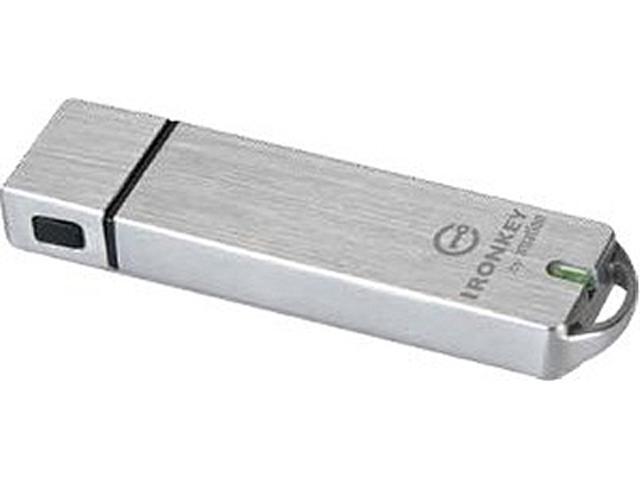Zipper disks can hold 100MB / 250MB of information, there have been actually 750MB devices in existence. Jaz drives offered 1GB capacity and later 2GB, nevertheless the high(ish) value for both types designed many computer customers couldn’t warrant the expenses, or did several pc users have the necessity to save your self and transfer large levels of memory, unlike today. Zipper disks and Jaz drives ultimately faded out within only a few years of manufacturing, they certainly were also bulky and accordingly the Jaz computer broke quite easily.
CD Roms had also joined the marketplace, but they were not as common for  documenting because the engineering stayed in their early stages. It was not before late 90’s that CD rewriting appeared on several, if not most, new computers. By the season 2000, rewritable CD’s had fast become as popular, if not more, than floppy disks. These convenient new writable CD’s were economical, compact, presented a substantial number of data and took up little storage space.
documenting because the engineering stayed in their early stages. It was not before late 90’s that CD rewriting appeared on several, if not most, new computers. By the season 2000, rewritable CD’s had fast become as popular, if not more, than floppy disks. These convenient new writable CD’s were economical, compact, presented a substantial number of data and took up little storage space.
By 2000, the demand for moving large levels of knowledge improved dramatically, inside a couple of years big lightweight storage devices were required not to just companies, but for personal computer users as well. That is mainly as a result of release of digital cameras, camcorders and saved audio tracks (very favored by internet users). Individuals were now keeping, obtaining and transferring electronic data much a lot more than ever before. Pcs were also getting extremely economical due to lessen engineering expenses as well as the demand and desire for web use. By early 2000, a massive percentage of house holds, or even many, would have a computer.
As many of us have however experienced, computers have a buy Ironkey workspace. They could become carefully slow, annoyingly accident and also die really annoying deaths. Everyone was now being forced to back up their programs frequently (and still do) in worries of losing all their stored data. Companies were also starting to move paperless, their information was now being used on pc systems. That saved organizations time, sources and storage space, it had been however necessary to straight back up their important data to avoid future problems.
Because of this, almost every computer was produced with the engineering to learn and write onto CDs and soon following DVD rewritable disks took over. Large data storage and transfer capacity was now essential greater than a luxury. The causes why weak devices soon turned unnecessary are no surprise. The average floppy drive held a mere 1.44MB of memory which will be tiny considering that today an individual image taken on a digicam generally meets that amount. Rewritable DVDs were cheap and could maintain 4.7GB of data, it would have a incredible 3263 floppy drives to achieve this. CDs can hold the average 650MB, this might equal 444 weak disks. These relative results however impress me today.
Around the year 2000, one of many latest things connected with pcs (other compared to internet) was the innovative USB “Common Serial Bus “.Replacing famous brands most SCSI connection locations applied to get in touch units and different peripherals etc. USB ports were floor breaking. You didn’t need to be a specialist to place your personal computer together, you only connected the USB connector wire into the dock and the other conclusion of the wire into your device and off you went. No longer was it necessary to really have a unique access for the printer, mouse or keyboard as they could be operated from any accessible USB port.
You may also connect in your camera and immediately accessibility your pictures via USB connection. Many USB units did not actually need an electrical energy resource or battery, minimal energy could actually be offered to the unit simply by connecting the it to the port. Nowadays persons frequently charge their cellular phones and MP3 people via USB , while working away on the computers. Today, you can find USB ports not merely on computers but in addition televisions, DVD players, audio players and also some car dashboards.
